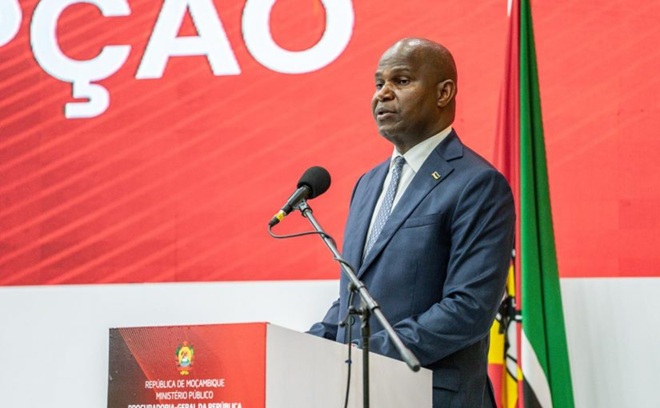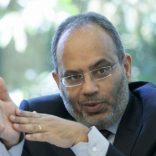Mozambique: Licence for private airline Solenta once assessment complete - govt
Mozambique: Chapo opens Anti-Corruption Conference

Photo: Presidency of the Republic of Mozambique
Corruption “destroys the trust of citizens in institutions, undermines the social fabric, and diverts resources which should serve the people”, warned Mozambican President Daniel Chapo on Monday.
Speaking in Maputo at the opening of a National Conference on the Fight against Corruption, Chapo added that corruption also “weakens the economy, compromises development and widens social inequalities”.
“It compromises the future of our young people, weakens the credibility of public policies, and even endangers the sovereignty of the Mozambican State”, he said.
For these reasons, the fight against corruption “is an absolute priority of our government”, declared Chapo, and the conference “is a reaffirmation of our determination to consolidate good governance, and to pursue the path of building a Mozambique of integrity, free of corruption”.
“We want a State that operates with transparency”, he said, “which puts citizens at the centre of its decisions, and uses every metical from the public treasury with responsibility and rigour”.
“Our commitment is clear”, he stated. “There will be no sustainable development without integrity. There will be no social justice without transparency, and there will be no lasting peace without trust in the institutions”.
“A posture of integrity must be cultivated in all sectors of society”, he said. “This means educating society in general, and young people in particular, in the values of ethics ensuring that these values are present both in the public administration and in private business”.
But the opposite was happening in some sectors of the public administration where officials “are doing all that they can to be allocated to sectors dealing with finance and assets so that they can obtain advantages through acts of corruption”.
Chapo warned that “anyone who does commit acts of corruption will be held responsible”.
“A sense of impunity reigns in our society”, he added, “which contributes to the normalisation of corruption. To end this perception, it is essential that we continue strengthening the institutions of inspection, investigation and justice, endowing them with autonomy, with skilled human resources and modern technological resources”.
Reforms are under way in the public administration, said Chapo, which will strengthen the mechanisms of control and auditing.
The fight against corruption also required “effective interaction between state bodies, civil society, private business, the international community and, above all, the active participation of each citizen. We must all be an integral part of the solution”.
Under no circumstances could corruption be tolerated, stressed Chapo, warning that the fight against corruption cannot be won “merely by passing laws, adopting strategies or creating institutions”. Instead, this battle requires the involvement of all of us.












Leave a Reply
Be the First to Comment!
You must be logged in to post a comment.
You must be logged in to post a comment.